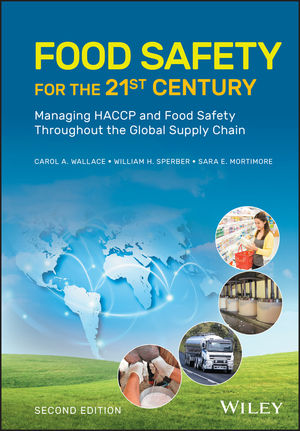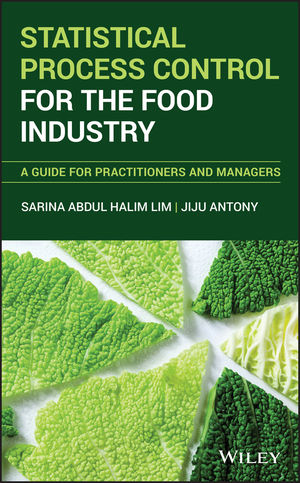Food Defense Simulation Shows How to Prepare for Real Life Crisis

Do you know your suppliers’ suppliers? Do you have a food defense strategy in place? Are you challenged by cargo theft, fraudulent pickups and other not-so-safe security measures?
A supply chain is only as strong as its weakest link. And, for all food manufacturers, preparing a food defense strategy is more about knowing your supply chain’s vulnerabilities than simply just practicing food safety measures.
Marina Mayer, editor-in-chief of Refrigerated & Frozen Foods, uncovered these and other key points at the Food Defense Strategy Exchange 2014, which took place April 29-May 1 in Chicago. Sponsored by for Tyco Integrated Security, Boca Raton, Fla., this event included peer perspectives on best practices in various roles of the supply chain, a discussion with state and local governments officials and the FDA on FSMA updates and a live food crisis simulation hosted by Alok Chaturvedi, professor of management at Purdue University, West Lafayette, Ind.
This live food defense simulation exercise incorporated real world data on public health risks, economic costs and brand reputation risks from an intentional food adulteration crisis. Mayer and other attendees interacted with regulators, suppliers, processors and retailers to understand the impact of a crisis and learn what alternative paths exist in order to prevent and recover from such a crisis.
Here is an outtake from the simulation exercise!
Video courtesy of Tyco IS and LP Media, Inc.
While at the event, Mayer also talked exclusively with Don Hsieh, director of commercial and industrial marketing for Tyco Integrated Security, to discuss the challenges refrigerated and frozen food processors face when practicing food safety and food defense and how a proper food defense strategy can help prevent intentional adulteration of food.
Looking for a reprint of this article?
From high-res PDFs to custom plaques, order your copy today!









